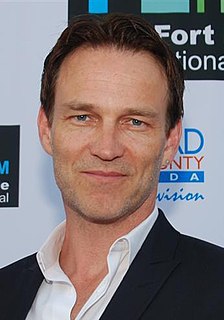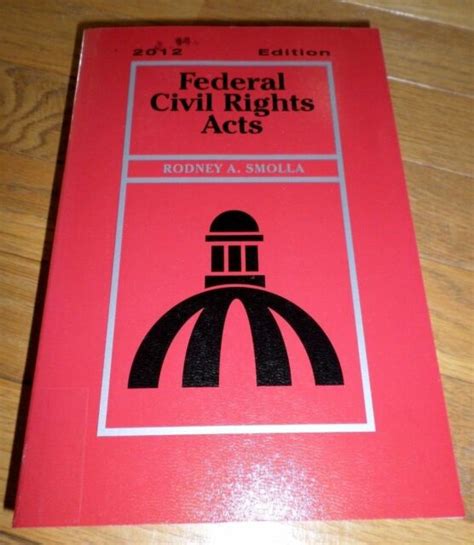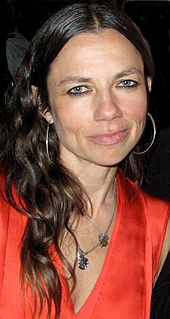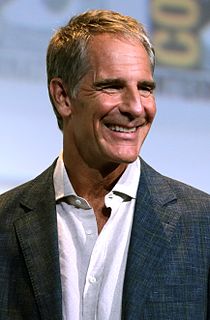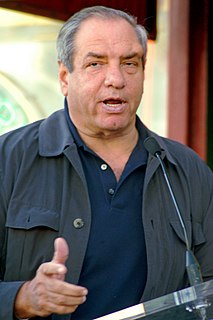A Quote by Stephen Moyer
I didn't want to do film or commercials or television.
Quote Topics
Related Quotes
The Bush campaign for re-election has officially begun. They're actually running television commercials. Have you seen any of the television commercials? In one of the commercials, you see George Bush for thirty seconds. In another commercial, you get to see George Bush for sixty seconds - kind of like his stint in the National Guard.
I was making commercials. That's how I learned the craft. That was the marketing part of it: directing commercial for TV. It wasn't the most common thing to become a filmmaker in Greece. I started by saying I was interested in marketing and have a proper job in advertising and commercials. Basically, I studied film to learn how to do marketing, and commercials. As I studied film I learned I'd be interested in making films instead of commercials.
What I want to do is create great content on television and movies. It is not my role to program only for Latinos, and you can't really assume that Hispanics only want Hispanic content. But I do think that we are severely underrepresented in television and film. And instead of complaining about not seeing ourselves, we should become film producers, directors, and writers, and tell our story.
Actors go, 'I just want to act.' And I say to them, 'You know, stop for a second and think about what charges you up the most. Do you want to be on the stage, do you want to be in film, do you want to be a comic actor? Do you just want to make it for the money and capitalize on your look and do commercials and soaps?'
Daytime television, you can tell who’s watching by the three kinds of commercials. Either it’s clinics for drying out drunks. Or it’s law firms who want to settle injury suits. Or it’s schools offering mail-order vocational degrees to make you a bookkeeper. A private detective. Or a locksmith. If you’re watching daytime television, this is your new demographic. You’re a drunk. Or a cripple. Or an idiot.
A lot of the good cameraman who we used are doing television work; they're doing commercials for a lot of money. And the commercials look incredible. But what's it about? I made three major commercial campaigns. I enjoyed it, I experimented with it, and at the end of the day I felt no satisfaction. It was like having a fast food lunch.
